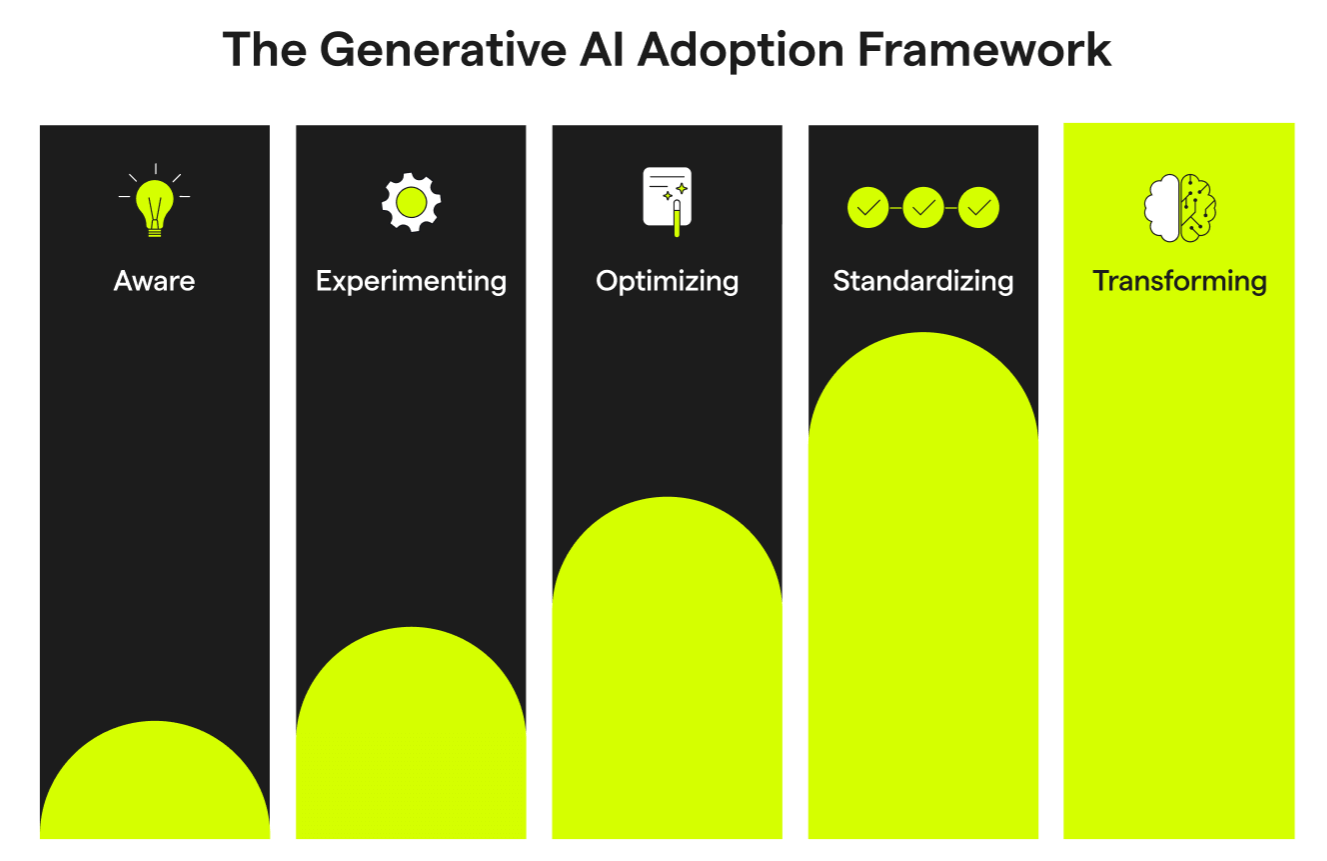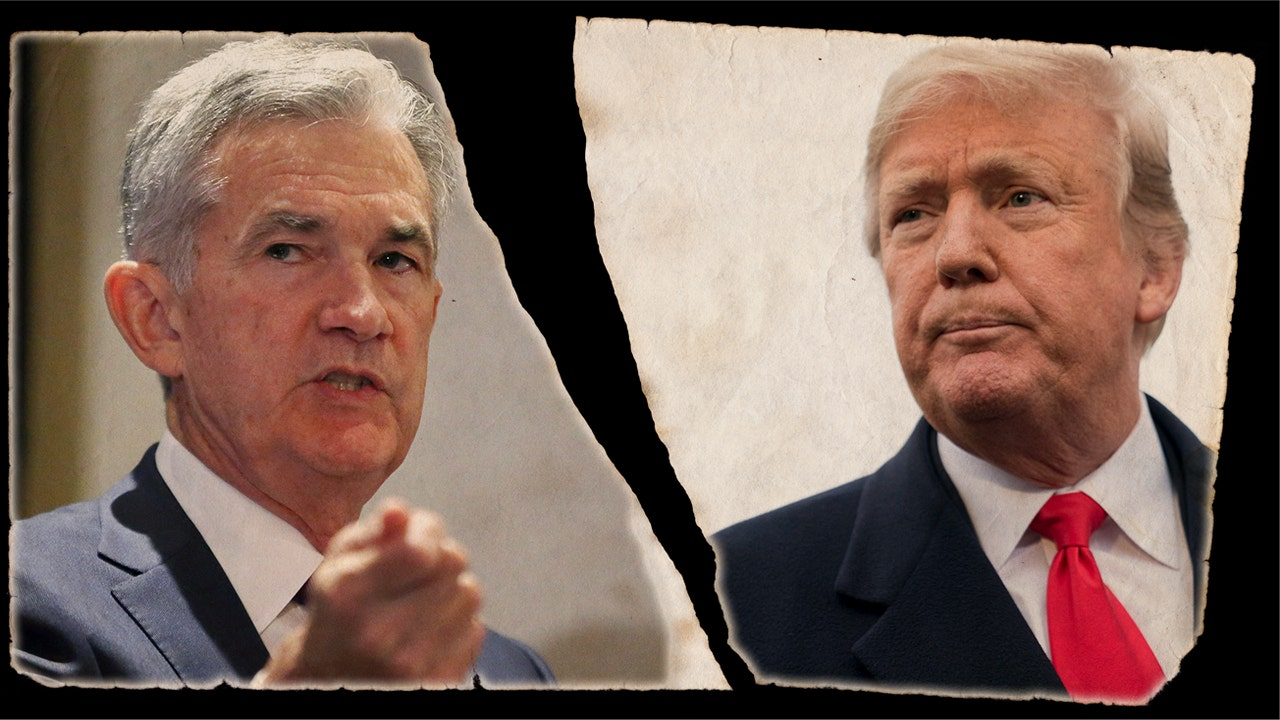Stefanie Stantcheva, a prominent Harvard economist, has recently been awarded the John Bates Clark Medal, a prestigious honor given to leading economists under the age of 40. Known for her groundbreaking work in economic policy, particularly in tax policy insights, Stantcheva’s research has significantly deepened our understanding of how taxation influences innovation. During a celebration with her peers, she expressed her gratitude, highlighting the crucial role the tax system plays in shaping economic behaviors and outcomes. Her analysis shows that while higher taxes can diminish the quantity of innovation, they do not inherently lower the quality of inventions. As the Nathaniel Ropes Professor of Political Economy, Stantcheva’s research is paving new avenues in public finance and its implications for the future of economic strategy.
In the realm of economics, the significance of tax systems and their effects on innovation cannot be overstated, as illustrated by the work of Harvard’s Stefanie Stantcheva. Recently awarded the esteemed John Bates Clark Medal, she stands out as a thought leader among economists under 40 years old. Stantcheva’s pioneering research offers vital perspectives on fiscal matters, exploring how economic policies can directly influence creativity and progress within various industries. Through her meticulous studies, she sheds light on the dynamic relationship between taxation and its consequences on innovation, suggesting that there is much at stake in the design of tax legislation. As we navigate the complexities of economic policy, Stantcheva’s insights remain essential for understanding the future landscape of global economic growth.
Stefanie Stantcheva: A Pioneer in Economic Policy
Stefanie Stantcheva, a distinguished Harvard economist, has made substantial contributions to the landscape of economic policy, particularly in the realms of tax policy and innovation. With her recent recognition as the recipient of the prestigious John Bates Clark Medal, her research is being acknowledged at an unprecedented level. This award, given annually to an under-40 economist for significant contributions to the field, highlights her groundbreaking insights into how tax systems can affect not just behaviors but the broader economic landscape.
As the Nathaniel Ropes Professor of Political Economy, Stantcheva’s work underscores a critical understanding of public finance. Through her rigorous research, she has illuminated the complexities of tax policy and its pronounced impact on economic growth and innovation. Her findings indicate that carefully designed tax systems have the potential to foster innovation, making Stantcheva an essential voice in discussions about sustainable economic practices.
Tax Policy Insights from Stantcheva’s Research
In her influential paper, “Taxation and Innovation in the 20th Century,” Stefanie Stantcheva and her co-authors investigate the elasticity of innovation in relation to tax policy changes. This pivotal study reveals significant insights about how innovation responds to tax fluctuations, asserting that while higher taxes may deter innovation quantity, they do not inherently impact the quality of inventive output. This finding invites policymakers to rethink the design of tax initiatives to stimulate sustainable growth within the economy.
Stantcheva’s research serves as a crucial bridge between taxation and economic behavior, suggesting that tax design can either incentivize or stifle creative and entrepreneurial ventures. By emphasizing the importance of tax policy in shaping economic trajectories, her work not only contributes to academic discourse but also provides actionable insights for policymakers. In an era of economic uncertainty, her findings are particularly relevant, reminding us of the powerful role that well-structured tax policies play in fostering an innovative economy.
The Role of Innovation in Economic Growth
Innovation is a driving force behind economic development, and as highlighted by Stantcheva’s research, tax policy plays a pivotal role in influencing innovative activities. In examining the relationship between taxation and innovation, it becomes evident that the financial environment set by tax codes can either promote or inhibit the spirit of invention. For economists and policymakers alike, understanding this relationship is essential for crafting policies that can lead to robust economic outcomes.
Stantcheva’s extensive analysis provides a wealth of knowledge into how innovations not only lead to new products and services but also create jobs and enhance productivity across various sectors. By ensuring that tax policies are aligned with the objectives of encouraging innovation, economies can harness this energy to foster growth and increase competitiveness on a global scale.
Stantcheva’s Influence on Future Economic Policies
As an influential figure in the field of economics, Stefanie Stantcheva’s research promises to shape future economic policies significantly. Her exploration of public finance and the ramifications of tax policy highlights the need for an adaptable framework that promotes economic resilience. With the increasing importance placed on issues like climate change and social mobility, her work serves as a critical lens for understanding how policy interventions can lead to substantial societal benefits.
Moreover, Stantcheva’s founding of the Social Economics Lab signals a commitment to addressing pressing economic issues through innovative approaches and interdisciplinary research. By prioritizing topics such as the emotional response to policies and zero-sum thinking, she is paving the way for a more nuanced understanding of economic behavior that will undoubtedly inform better policy decisions that benefit wider communities.
Exciting Developments in Stantcheva’s Research
Stantcheva’s recent focus on the interplay between emotions and economic policies is particularly intriguing. By delving into how individuals’ feelings toward various economic issues influence their perceptions of policy effectiveness, she presents a fresh perspective on fiscal matters. This line of inquiry not only enriches economic theory but also underscores the importance of considering human elements in economic modeling.
In addition, her exploration of themes such as trade, immigration, and climate change through the lens of social mobility indicates a comprehensive approach to modern economics. As she continues to lead innovations from her research lab, a new wave of economic inquiry enriched by contextual and behavioral insight is being established—reinforcing her role as a vital contributor to contemporary economic discourse.
The Impact of Awards on Economic Scholars
Award recognition, such as the John Bates Clark Medal, serves not only as an accolade for individual scholars but also signifies the wider recognition of fields that encompass economic policy and innovation. For Stefanie Stantcheva, this prestigious award enhances her visibility and solidifies her position as a thought leader within economic circles. Such accolades can inspire emerging economists to pursue innovative research and contribute meaningful insights into the fabric of economic policy.
Furthermore, the awarding of such honors often amplifies the subjects tackled by the recipients’ research. In Stantcheva’s case, her focus on innovative tax policies may gain more traction in mainstream discussions and influence policymakers. Recognition can lead to collaborations and increased funding for research that tackles significant issues, underscoring the intertwined nature of achievements and broader economic advancements.
Stantcheva and the Future of Tax Policy
Stefanie Stantcheva’s contributions to tax policy underscore the necessity of regular evaluation and recalibration of existing financial frameworks. Her research highlights that the evolution of tax policies must keep pace with changing economic realities, especially in a rapidly innovating global landscape. By prioritizing adaptable tax regulations, economies can enhance their ability to foster sustainable growth.
Inasmuch as tax policy is a tool for stimulating economic activity, Stantcheva’s insights serve to remind policymakers of the importance of strategic tax design. Her findings advocate for systems that not only gather revenue but also catalyze innovation and job creation, reinforcing the importance of scientists’ contributions to the field of economics.
Celebrating Economic Innovations at Harvard
Harvard University stands at the forefront of economic thought, with scholars like Stefanie Stantcheva leading the charge in addressing critical economic issues through innovative research. Celebrating these achievements, Harvard fosters a robust intellectual environment that encourages the next generation of economists to pursue impactful inquiries. This culture of innovation is not only vital for academic prestige but essential for the health of the broader economy.
By recognizing and supporting groundbreaking work in economics, institutions like Harvard are shaping future dialogues around tax policies and economic behaviors. Stantcheva’s achievements are a testament to the vibrant research culture that thrives within the university, inspiring students and scholars alike to contribute to the evolving landscape of economic thought.
Community Engagement in Economic Research
Stantcheva’s efforts at the Social Economics Lab emphasize the importance of community engagement in economic research. By exploring the intersection of policy-making and public sentiment, her work seeks to bridge the gap between theoretical economic models and real-world applications. Engaging with communities allows researchers to ground their studies in lived experiences, ensuring that economic policies reflect the needs and aspirations of diverse populations.
Through collaborative projects that engage various stakeholders, Stantcheva’s initiatives aim to foster inclusive dialogues around economic policies. This approach underscores the belief that effective economic strategies must resonate on a local level to be successful. As researchers prioritize community involvement, the insights gained can enable policymakers to craft targeted economic interventions that foster innovation and promote social mobility.
Frequently Asked Questions
What are Stefanie Stantcheva’s main contributions to economic policy?
Stefanie Stantcheva, a Harvard economist and recent winner of the John Bates Clark Medal, has made significant contributions to economic policy, particularly in the areas of tax policy and innovation. Her groundbreaking research examines how tax systems influence economic behavior and innovation, highlighting the delicate balance required to foster economic growth.
How did Stefanie Stantcheva earn the John Bates Clark Medal?
Stefanie Stantcheva was awarded the John Bates Clark Medal for her pioneering insights into tax policy and its ramifications for innovation and economic behavior. This prestigious recognition by the American Economic Association acknowledges her impactful research and contributions to public finance, particularly her findings on how tax policy can either encourage or discourage economic activity.
What insights did Stefanie Stantcheva provide on innovation and taxation?
In her influential paper, “Taxation and Innovation in the 20th Century,” Stefanie Stantcheva and her co-authors revealed that innovation is responsive to changes in tax policy, demonstrating high elasticity. They found that while higher taxes may reduce the quantity of innovations, there is no adverse effect on the quality of inventions, indicating that well-structured tax policies can support economic progress.
What role does Stefanie Stantcheva play at Harvard and in the field of economics?
Stefanie Stantcheva is the Nathaniel Ropes Professor of Political Economy at Harvard University and the founder of the Social Economics Lab. She is highly regarded for her research on trade, immigration, climate change, and social mobility, where she seeks to understand how people’s perceptions of economic issues influence policymaking.
What is the Social Economics Lab founded by Stefanie Stantcheva?
Founded in 2018 by Stefanie Stantcheva, the Social Economics Lab focuses on exploring the intersection of economic policy and social behavior. The lab aims to understand how emotions and societal perspectives, such as zero-sum thinking, affect economic decision-making and policy outcomes, contributing to her broader research agenda in economics.
What does Stefanie Stantcheva say about the power of the tax system?
Stefanie Stantcheva emphasizes that the tax system holds significant power over economic outcomes, stating it can either stimulate or hinder economic activity, depending on its design. This insight underscores her ongoing research in tax policy and its impact on innovation and overall economic health.
What future topics is Stefanie Stantcheva exploring in her research?
Stefanie Stantcheva is currently investigating new areas within her research at the Social Economics Lab, including the relationship between emotions and economic policy, as well as key mindsets like zero-sum thinking. This exploration aims to deepen understanding of how these factors shape public perceptions and economic behaviors.
| Key Points | Details |
|---|---|
| Award Recognition | Stefanie Stantcheva awarded the 2025 John Bates Clark Medal for significant contributions to economics. |
| Contribution to Tax Policy | Recognized for pioneering insights on tax policy and its impact on innovation and economic behavior. |
| Elasticity of Innovation | Her paper demonstrated how innovation is responsive to tax policy changes, with higher taxes reducing quantity of innovation but not quality. |
| Social Economics Lab | Founded in 2018 to explore economic issues, including trade, immigration, and social mobility. |
Summary
Stefanie Stantcheva has made a remarkable impact in economics, earning the 2025 John Bates Clark Medal for her groundbreaking work on tax policy and innovation. Her research not only enhances our understanding of economic behavior but also highlights the crucial role that thoughtful tax structures can play in fostering or hindering innovation. As Stantcheva continues her efforts at the Social Economics Lab, she is set to further unravel the intricate connections between economic policies and societal impacts.



